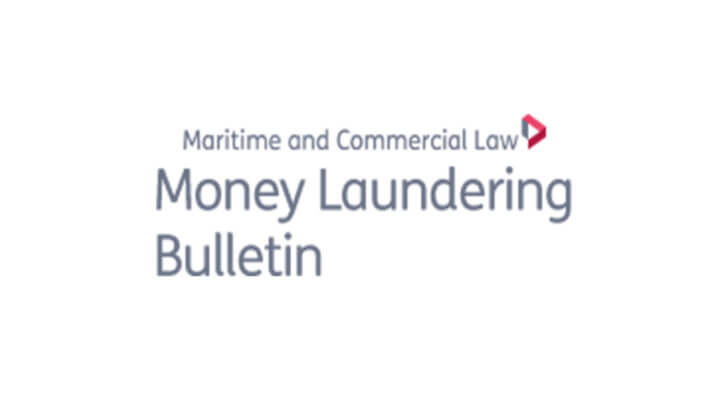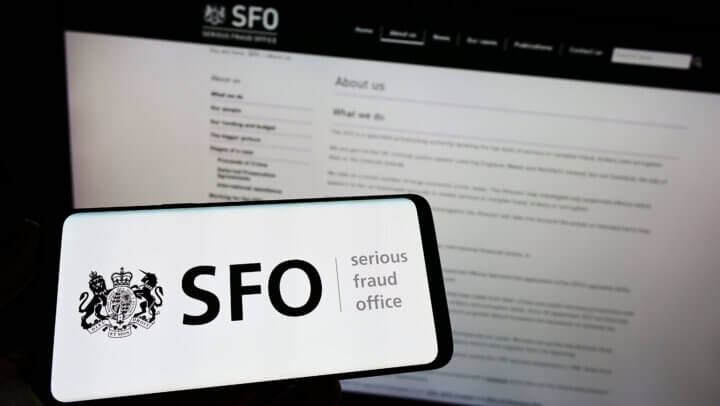BCL partner John Binns‘ article ’’Money Laundering and Law Enforcement: The Options for UK Investigators’’ has now been published in Money Laundering Bulletin.
Here is a short extract from the article*. If you wish to read the full article, please visit Money Laundering Bulletin website.
Law enforcement agencies in the UK may not always be the best resourced, but they do have an increasingly broad range of legal powers with which to tackle suspected money launderers and terrorist financiers, and their money. These powers can be difficult to keep abreast of for investigators, and of course for suspects and others on the receiving end.
The Options for Investigators
Arrests, searches, and seizures
Where evidence of money laundering comes to an investigator’s attention, their options are to some extent the same as in any criminal case. Depending on their role and the agency they work for, they may open a criminal investigation and apply for warrants to search premises and seize items there, arrest and interview suspects, and consider placing them on bail (with or without conditions), under the Police and Criminal Evidence Act 1984 (‘PACE’) or other applicable legislation. At some stage, they may put together a file to be considered for potential prosecution (although the investigation does not necessarily end there).
Restraint orders
In the meantime, the investigator, or an accredited financial investigator (‘AFI’) working alongside them, will want to consider the options available to them under the various parts of the Proceeds of Crime Act 2002 (‘POCA’). Under Part 2 (in England; Parts 3 and 4 have similar regimes for Scotland and Northern Ireland, respectively), they will need to consider whether they have reasonable grounds to suspect that anyone has benefited, which here means simply ‘obtained property’, as a result of or in connection with an offence, in which case, they can obtain a restraint order in respect of assets that belong to that person, or that represent a ‘tainted gift’ from that person. Ultimately, those assets may be considered ‘available’ to the person if they are convicted and ordered to pay a confiscation order.
*This article was first published by Money Laundering Bulletin on 25 July 2022. If you wish to read the full article, please visit Money Laundering Bulletin website.
Please note that you will need a subscription with Money Laundering Bulletin to access the article.




